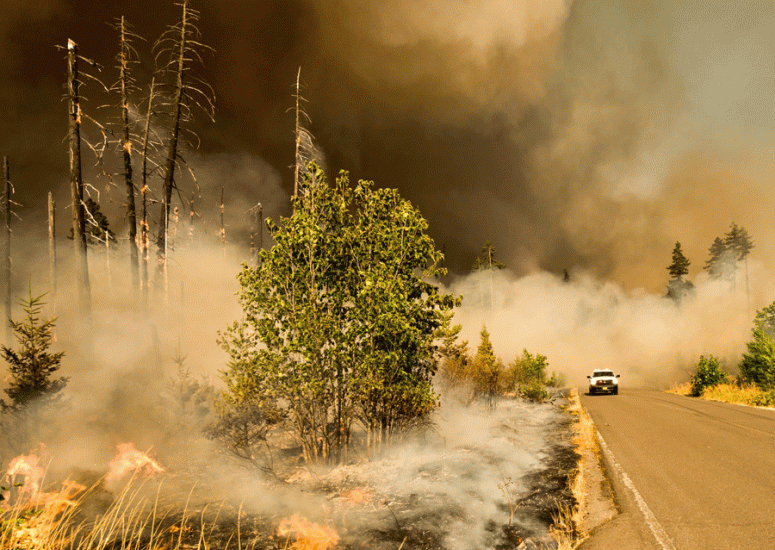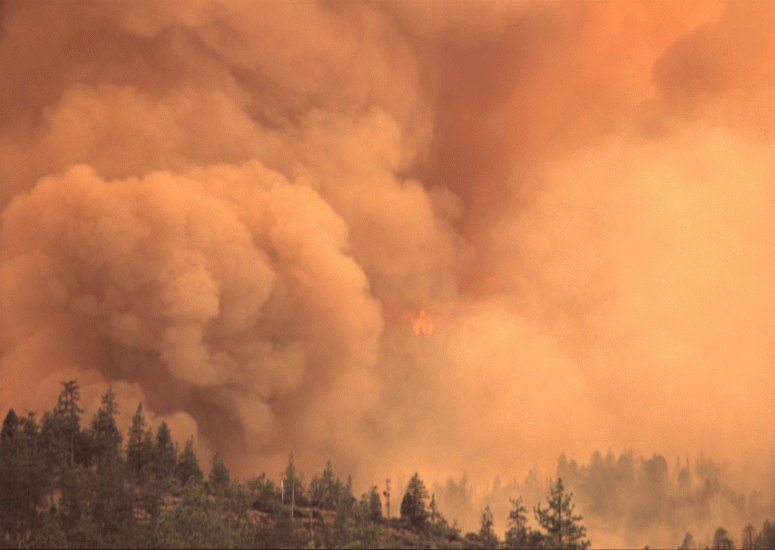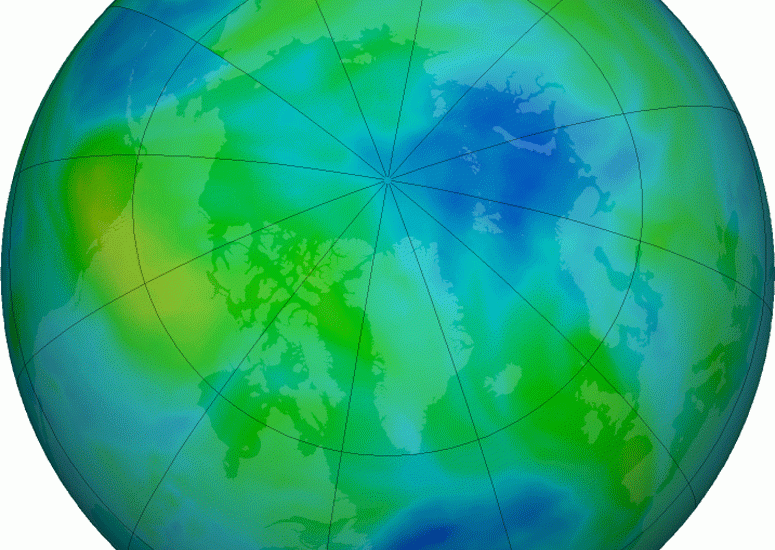-

Wildfire experts available to explain fire behavior, potential impacts
As wildfires threaten much of the West during another hot and dry year, NCAR scientists are researching key aspects of these destructive events.
- Air Quality,
- Climate,
- Weather
-

Pacific Northwest wildfires alter air pollution patterns across North America
Increasingly large and intense wildfires in the Pacific Northwest are altering the seasonal pattern of air pollution and causing a spike in unhealthy pollutants in August, new research has found.
- Air Quality
-
Antarctic ice chemistry affected by ozone hole
An international study demonstrates the impact of the ozone hole on environmental chemical processes at the South Pole.
- Air Quality
-

Protecting the ozone layer is delivering vast health benefits
International agreements to protect the ozone layer have been so successful that they will prevent an estimated 443 million cases of skin cancer and 63 million cataract cases for people born in the United States through the end of this century, according to new research.
- Air Quality,
- Climate
-
New research reveals 2010 Montreal Protocol prevented rapid acceleration of climate change
According to a new study published in the journal Nature, the global ban of chlorofluorocarbons and other ozone-depleting substances prescribed by the 1987 Montreal Protocol and its subsequent amendments has prevented the eventual collapse of the ozone layer, thereby shielding vegetation from harmful ultraviolet radiation.
- Air Quality
